What happens when you give up alcohol? Here's what I learned two years sober
Writer Charlotte Duff reveals what happens when you give up alcohol for good
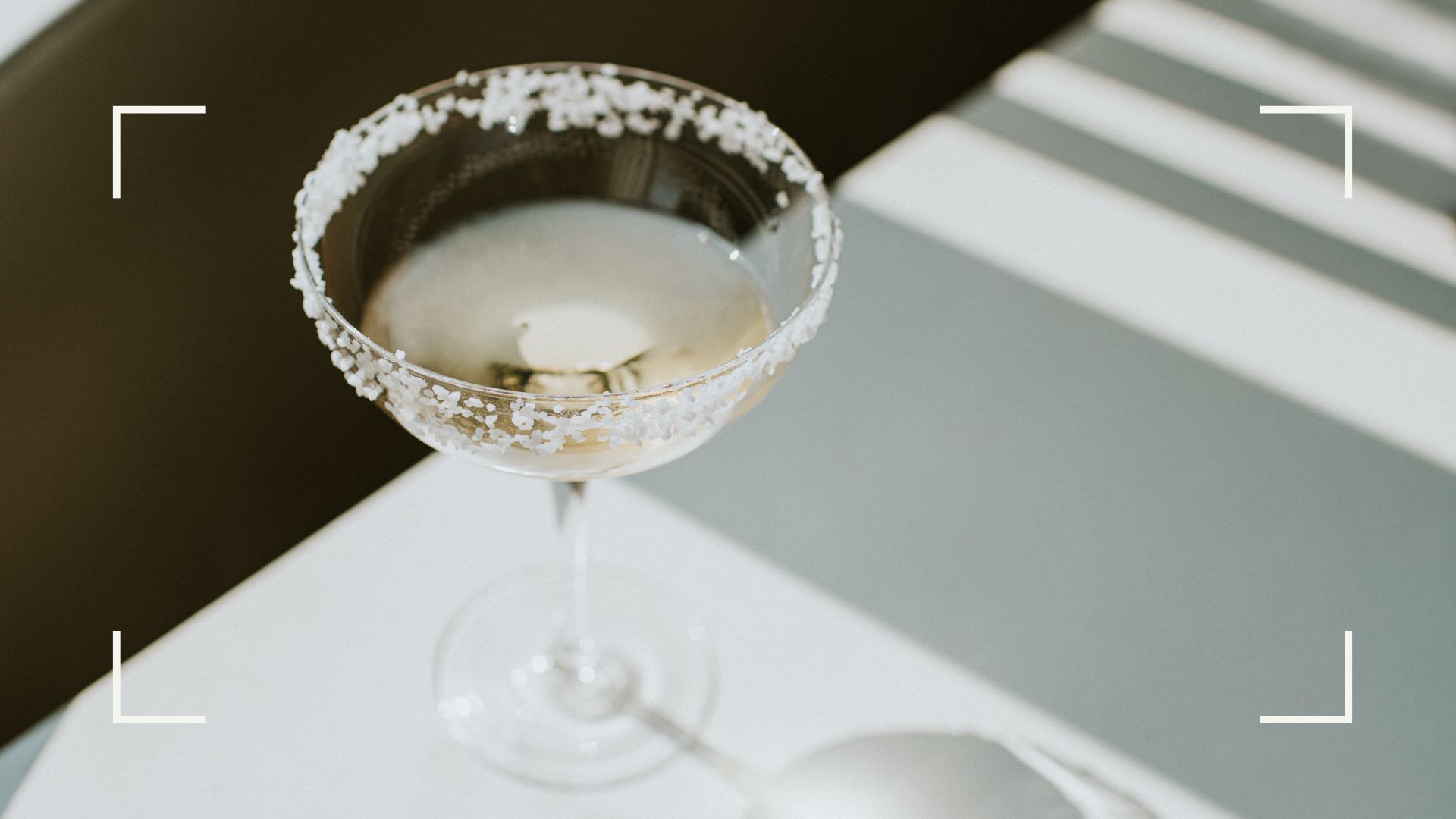
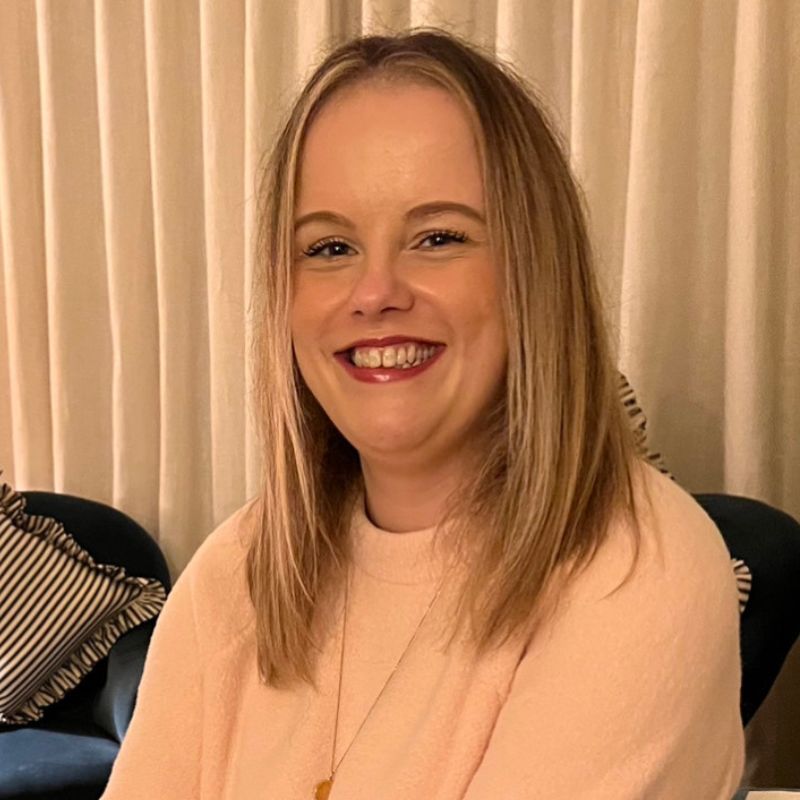
What happens when you give up alcohol? With 130,000 people signed up to take on Dry January officially in 2022, more of us than ever before are keen to catch a glimpse of what life could look like without alcohol.
I decided to stop drinking alcohol in October of 2020, after I realized that my drinking was becoming a problem and seriously starting to impact both my physical and mental health. I've struggled with obsessive compulsive disorder and anxiety since I was a teenager, and I always felt that drinking alcohol was the only way I could quiet my anxious thoughts as well as soften the sharper edges of life that I often found unbearable.
While I didn’t drink every day, I’d drink heavily on the days I did and always cheap white wine or strong gin and tonics. Usually, I drank alone at home. I looked forward to the evenings the most when I knew I could drown everything out with a few glasses of wine. I would drink until I felt warm and sleepy, and then wake in the night with a dry mouth and pounding head.
More times that I can remember, I would make myself physically sick after having drunk too much the night before and I would spend most of the next day hiding in bed, my eyes bloodshot and my stomach sore from retching. Drinking too much and dealing with a nasty hangover the next day felt normal, even funny, when I was at university with friends but I was very quickly approaching my thirties and slipping into something that I wasn’t sure I’d ever be able to get out of.
Why I stopped drinking
During this time, I was also coming to terms with my sexuality – I came out in 2020 – and alcohol often felt like a loyal friend when it all became too much. Once that initial happy glow of drinking had worn off, anxiety would rear its ugly head. My heart raced and my mind was constantly overwhelmed with worry. Often, I woke up in the middle of the night and worried about whether I’d upset someone, had I said something in a text to a friend the night before? What about that awful time I fell out with a friend at a party all those years ago? I felt exhausted and sad nearly all the time. I constantly second-guessed myself and wondered whether life would ever feel better.
As I drank more, I would flit between feeling sad and anxious to feeling angry and frustrated. I’d pick fights with loved ones and I felt as if the world was out to get me. I thought that my brain was just wired that way; it never occurred to me that alcohol might have been part of the problem. I also began to find myself feeling weirdly envious of friends and others who had gone sober. But instead of looking into that feeling more deeply, I convinced myself they had more of a drinking problem than I did. I firmly believed alcohol was something that I could rely on; the one constant that would see me through everything.
It wasn’t until I cut down on alcohol, that I realized how wrong I was. In the end, after years of trying and failing, I stopped drinking instantly. A phone call from my doctor flashed up on my phone one day and I knew it was about some tests I’d had done a week prior. If I didn’t do something about the way I lived my life, I was likely to fall into some serious health problems. Suddenly, it all felt crystal clear. If I wanted to live a happier, healthier life, alcohol could no longer be a part of it.
Sign up for the woman&home newsletter
Sign up to our free daily email for the latest royal and entertainment news, interesting opinion, expert advice on styling and beauty trends, and no-nonsense guides to the health and wellness questions you want answered.
It turns out that I'm far from alone in this experience. In giving up and switching to alternatives to alcohol, I've joined the one in seven UK adults who never drink, according to data from Drinkaware. If you've ever wondered what happens when you give up alcohol, here's what I've learned over two years on.
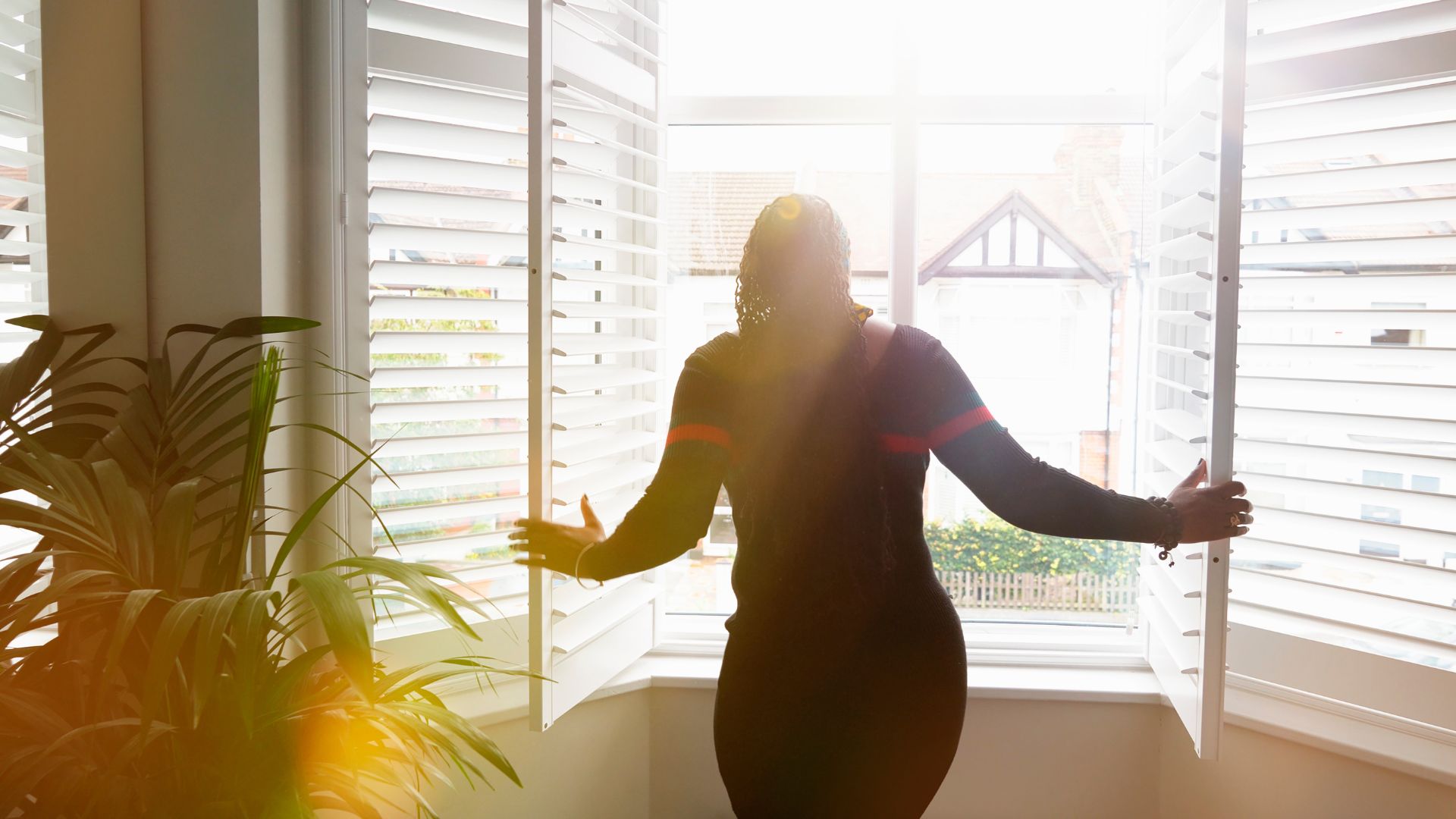
What happens when you give up alcohol?
1. Your sleep improves and you have more energy
The first few weeks of sleep without alcohol were fitful and I can’t say I noticed a difference until at least a month or so had passed. When I drunk alcohol, I’d wake multiple times in the night desperate for a drink of water. I’d lie awake and sleep on and off for the rest of the night, until I had to get up in the morning. I’d get through my work day while feeling shattered and irritable.
Now, I fall into a deep sleep and rarely wake up during the night. I feel brighter and more energetic throughout the day, and never feel the need to nap like I used to. The general sense of dread that I used to feel about the coming day has lifted and now I find that I genuinely look forward to waking up; where before I was desperate to fall back into bed as soon as I could.
2. You have more time and energy
At my worst, I spent about £35 a week drinking several bottles of wine and gin and tonics at home. I would also drink cocktails and wine whenever I went out and spend the same amount in an evening - if not more. While I was shocked at how much money I was losing to alcohol, one of the biggest surprises in giving it up has been the amount of time I've been given back.
It turns out that thinking about drinking and spending entire evenings drinking - and then often dealing with a hangover the next day - takes up an extraordinary amount of time. At first, the amount of time I seemed to have was little overwhelming. I felt panicky as I wondered what on earth I was going to do with myself. It was tough in the beginning because I couldn’t escape with a drink but the mind and body are miraculous things and I soon adjusted to a new kind of normal.
Nowadays, there is nothing more I look forward to than the end of the day when I know I can relax with a hot bath, catch-up with a friend, cook something properly from scratch, or head to bed with a doorstop of a book or a binge-worthy Netflix series. When I do head out with friends, I’m no longer having to buy pricey cocktails or split expensive bottles of wine. Now, I come home actually remembering conversations as well as the easy fun and joy of being with friends.
3. Your diet, skin, and hair improves
I used to treat my body a little like a dustbin when I was drinking. I had no concern or care over what foods might be good for me and I'd just eat whatever I craved, which was usually sugary and carb-heavy food. There’s nothing necessarily wrong with that in moderation but I don’t think a green vegetable ever passed my lips. I look back at photographs of myself sometimes and my skin looks so dull with puffy bags under my eyes.
When I stopped drinking, I found that I was more mindful about what I was eating. As I started to feel the effects of giving up alcohol, I wanted to treat my body with kindness instead of indifference. I made a concerted effort to drink more water, eat more fruit and vegetables, and generally cook at home more. Among the many benefits of not drinking alcohol, I’ve found that my skin is clearer, my hair is shinier, and my nails have stopped breaking all the time.
I often struggled with stomach problems and pounding headaches when I was drinking too, which have all but disappeared too. I also suffered badly from psoriasis and despite trying every steroid cream going over the years, the huge patches of angry red-raw psoriasis on my hands and legs only completely disappeared once I stopped drinking.
4. Your mental health improves
I have been taking sertraline, which is a type of antidepressant, for obsessive-compulsive disorder and generalized anxiety since I went to university at 19 years old. It was around this time that I started drinking more too and it's only now that I realize the medication was never given a proper chance to work because of this.
Alcohol itself is a depressant so continually mixing it with antidepressants is, I imagine, a little like pouring fuel onto a fire. When I went to the doctor's office, I usually lied about my alcohol consumption and so the connection between my poor mental health and excessive drinking was never made. And while I think I will likely always suffer from obsessive-compulsive disorder, I have noticed a marked difference since I stopped drinking. Instead of spiraling when I feel I'm heading into a bad patch, with a sober mind I have a deeper sense of assurance that it will pass.
However, something I found harder to deal with when I first stopped drinking was that I no longer had anything to lean on when things got hard. At first, I felt a little like a raw nerve with nothing to take the edge off when things were tough. Feeling everything without the option to ignore or numb it with a drink felt frightening at first but it's gotten easier with time. Now, I have no choice but to deal with things as they arise. As a result, I feel more in control and better equipped to cope.
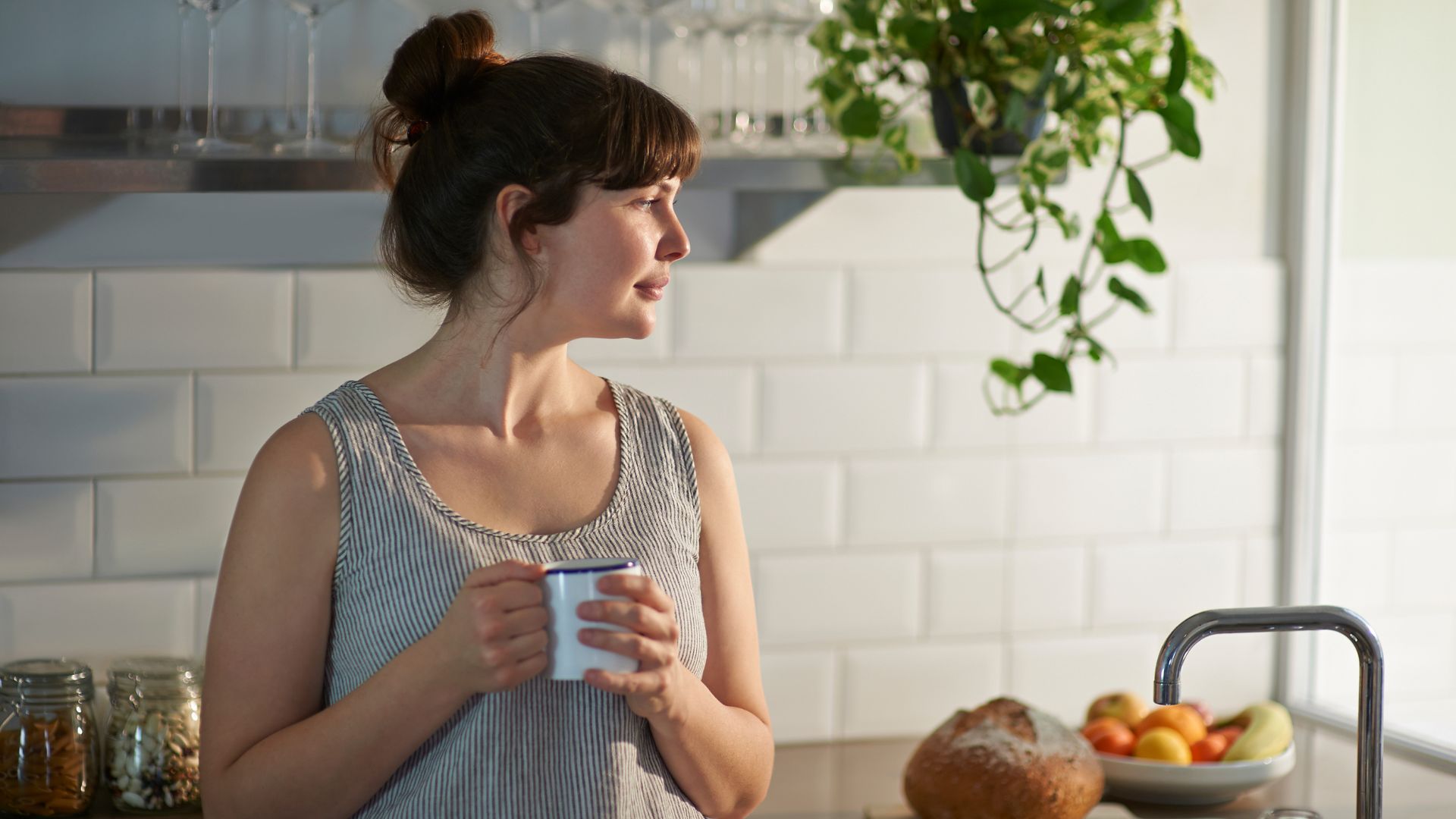
5. Your capacity for joy increases
When I drank, all I really thought about was where the next drink was coming from. There was a huge sense of grief once I realized that I had to stop drinking as it felt like I was losing an enormous part of my life.
I was also angry at myself. 'Why couldn’t I just enjoy a couple of drinks like other people?', I would think to myself. I have learned to accept that, in the same way my brain is wired to be anxious, it is also wired in a way that means I would never be capable of having just one or two drinks. I also now realize that I was using alcohol to completely blot out the world and what I perceived as its never-ending constant horrors and darkness. To me, alcohol was a source of comfort and a place of refuge instead of having to cope with reality. Most people occasionally use drinking as a means of escape but it had become something I relied on to get me through most days. I remember tearfully saying to my mum that I felt like I was only living half a life and, deep down, I knew that my drinking was at the root of this sadness.
Where I used to spend whole weekends drinking at home or at the pub, I now head out on long walks in the countryside with my dog and come home with aching feet but a full heart. I notice things I never did before, from the amber and purple-hued sunsets to the sweet little robin I see outside the kitchen window most days. It constantly surprises me how magic and beautiful life is without alcohol. For years, I believed that it would be unbelievably dull and I’d never cope without it, but every sober day proves me entirely wrong. The beauty, wonder, and tiny joys of life (even its slightly mundane parts) feel enough now.
When I was first thinking about giving up alcohol, I focused on what I thought I would lose and what I would miss out on. I've since found it helpful to think about what letting go of alcohol has brought me. I feel an innate sense of peace and contentment, for starters. Years of questioning who I was and where I was going in life have finally stopped taunting me. Though I am not without difficult days and hard moments, it feels as if life has been flooded with color and a renewed sense of purpose.
6. You become more independent
For the most part, my family and friends have been incredibly supportive of my decision to stop drinking. I've had a few unusual comments where people have seemed confused at why I no longer drink or have repeatedly asked me when I’ll “go back to it”.
I’ve learned that it is best to drown out the noise of others’ opinions and focus on how much better life feels without alcohol. Only I know how desperate I felt at my worst and that is not somewhere I’d like to go back to. Once it finally dawned on me that drinking alcohol didn’t make me feel light and joyful like it did for others, it felt easier to let it go.
When I look back at who I was before, I see someone who was in a lot of pain and unsure of how to cope with any of it. Life often felt like a puzzle I couldn’t work out. Now, I see almost an entirely different person who is brighter and more confident; giving up alcohol gave me the chance to find her.
7. You'll learn to take things one step at a time
The phrase (often used in Alcoholics Anonymous and other recovery groups) “one day at a time” is something that I have come to rely on. Sometimes when I think about giving up alcohol for good and what that means for the rest of my life, my mind begins to run away with me. So instead of focusing too far into the future, I like to get to the end of each day and think to myself “I didn’t drink today, and I will try not to do the same tomorrow.”
When I first gave up alcohol, I wasn’t sure if I’d last beyond a couple of days. More than two years on, I know it is the most precious gift I could have ever given myself. I know things won’t ever be perfect but I feel glad and profoundly grateful to have been given (what often feels like) a second chance at life.
For more stories from those who've given up drinking check out the best of quit lit; these books and guides can offer tips and insights into life after alcohol. But if you think you might be alcohol-dependent, suddenly stopping drinking can be dangerous. For further advice and support, including a confidential online self-assessment, visit Drinkaware, or speak to your doctor for advice.
Charlotte is a freelance writer living in the Surrey countryside. As well as her writing on LGBTQ+ issues, books and television, she has also written pieces exploring women’s health issues such as PCOS. Her writing also focuses on aspects of mental health and wellbeing for publications including woman&home, Metro.co.uk, and Digital Spy.
-
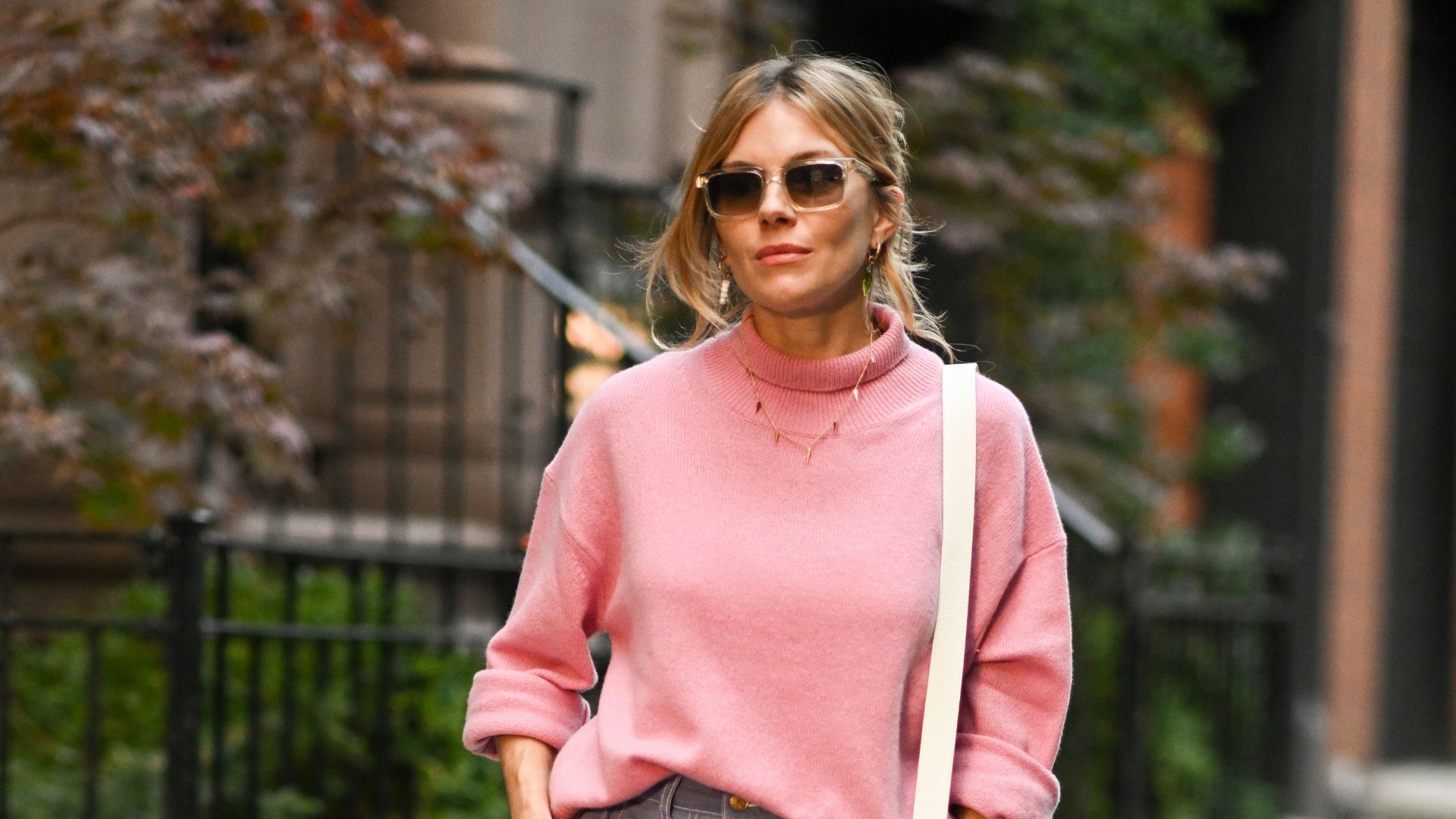 We adore this spring weather, but a jumper is still essential - Sienna Miller's pastel pink knit is the dream
We adore this spring weather, but a jumper is still essential - Sienna Miller's pastel pink knit is the dreamIt's undeniable that spring has arrived, but sunny April weather can still come with a chill. We're taking inspiration from Sienna Miller's pastel pink knit.
By Charlie Elizabeth Culverhouse
-
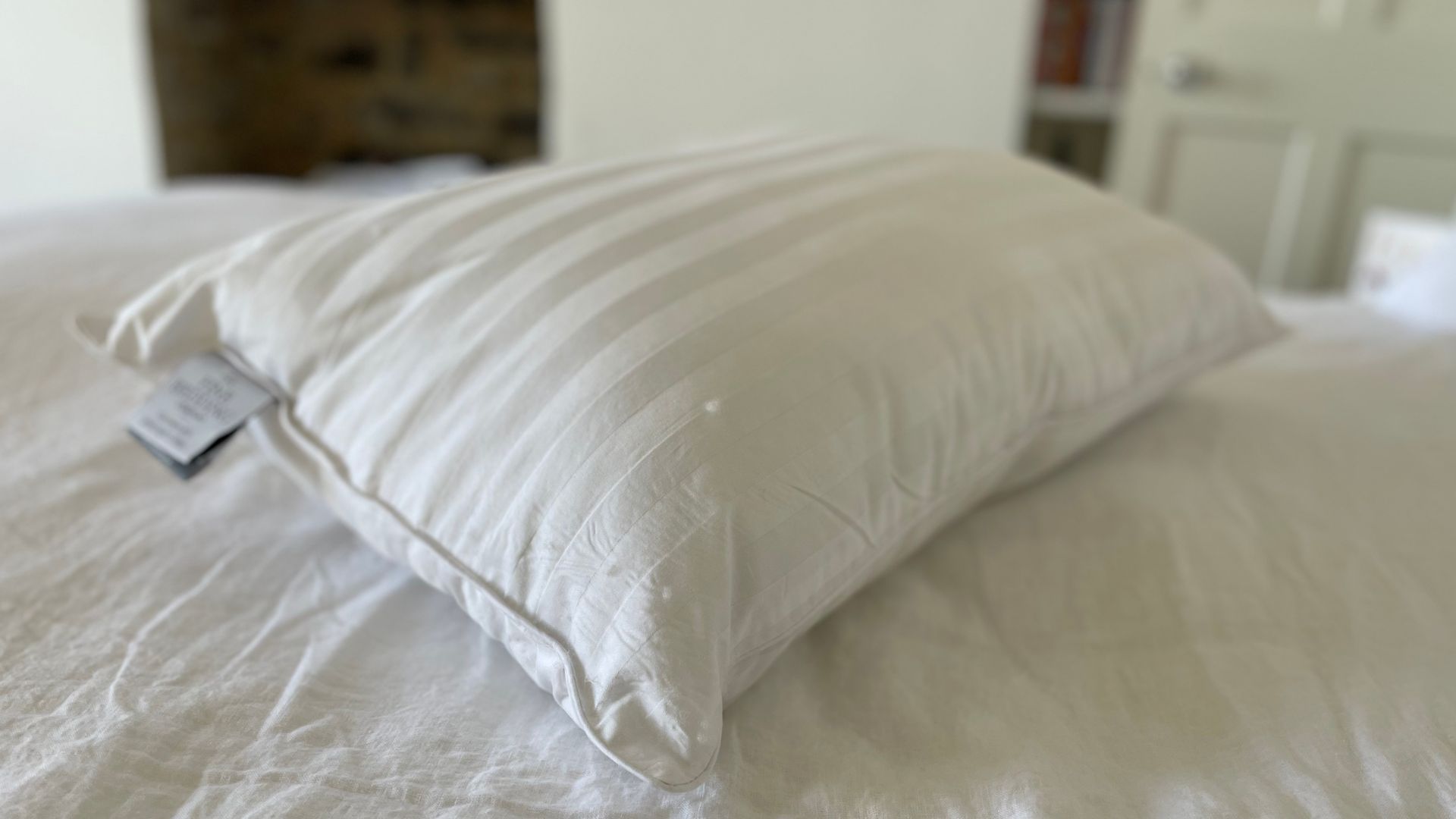 Is a silk pillow better than a silk pillowcase? I swapped mine out and saw some impressive results
Is a silk pillow better than a silk pillowcase? I swapped mine out and saw some impressive resultsI tested The Fine Bedding Company's Boutique Silk Pillow, which is designed for hair, skin, and cooler sleep. Is it worth switching out your silk pillowcase for?
By Laura Honey
-
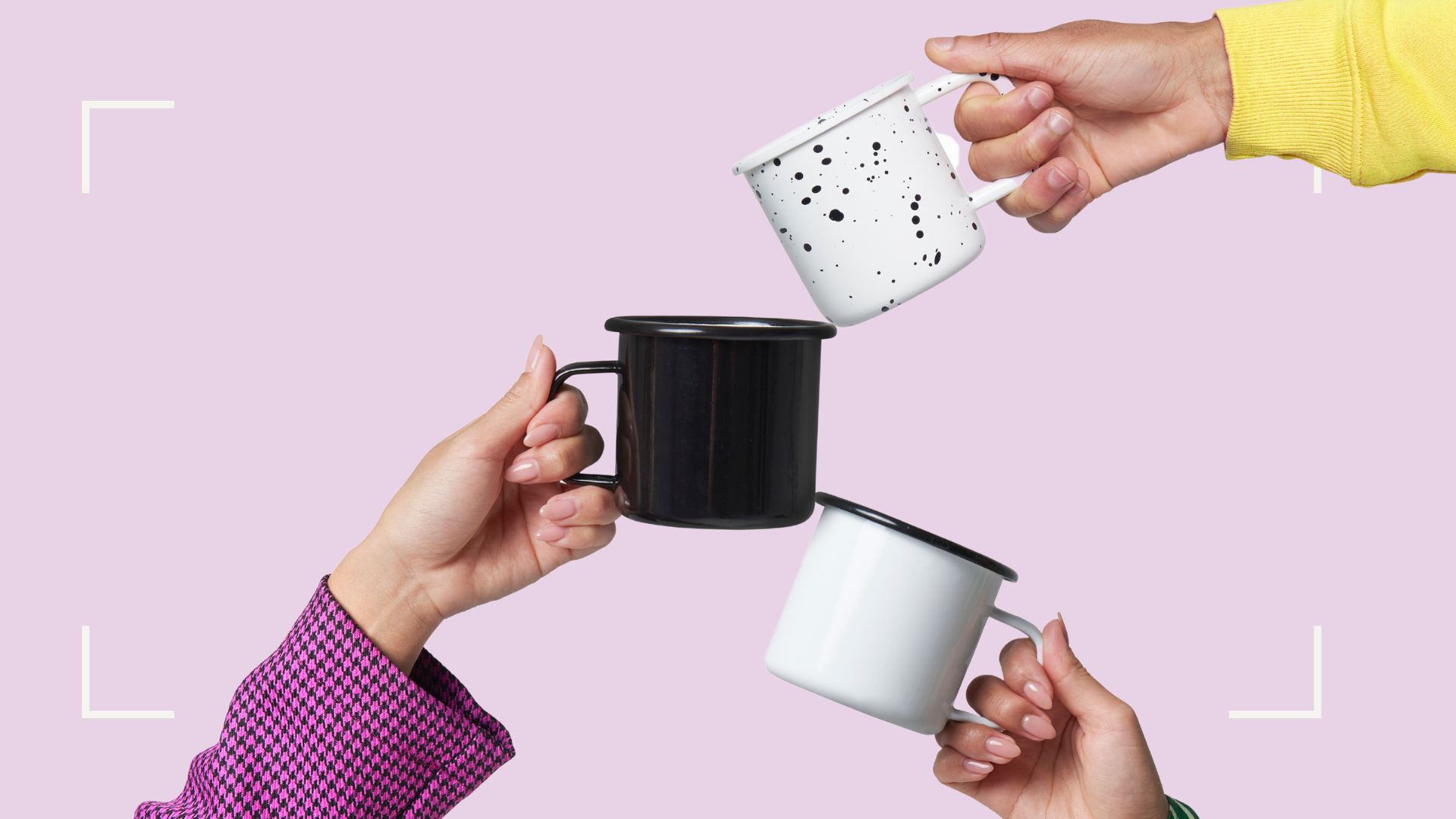 I tried different alternatives to caffeine to cure my sleep deprivation - here’s why I'm never going back
I tried different alternatives to caffeine to cure my sleep deprivation - here’s why I'm never going backWriter Kat Storr explored the alternatives to caffeine to figure out if she could give it up for good
By Kat Storr
-
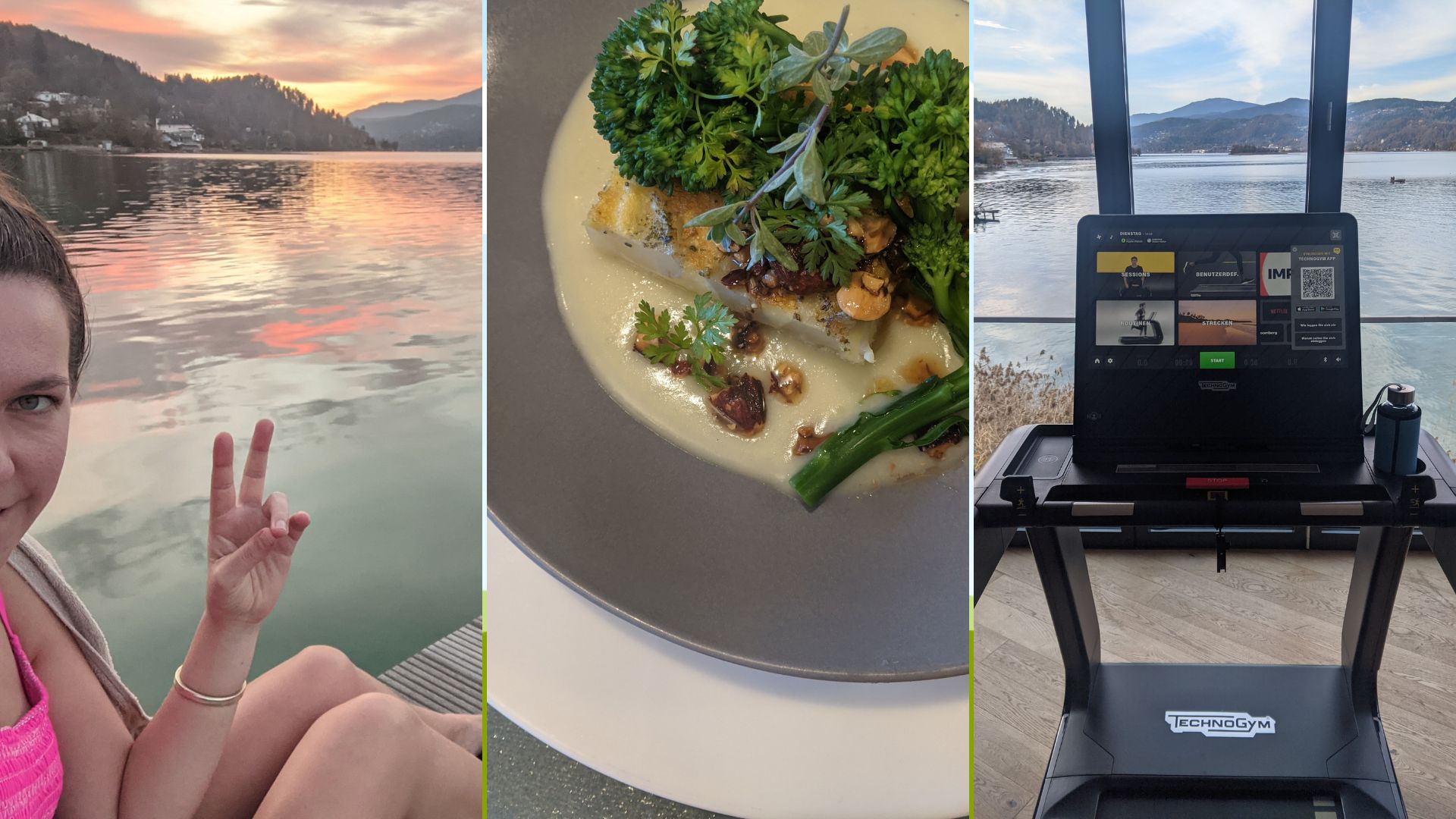 I spent a week at VIVAMAYR Maria Wörth on one of the hardest detox programs in the world - here’s what I learnt about The Mayr Method, and my health
I spent a week at VIVAMAYR Maria Wörth on one of the hardest detox programs in the world - here’s what I learnt about The Mayr Method, and my healthTravel writer Lydia Swinscoe spent seven days at VIVAMAYR Maria Wörth medical resort in Austria
By Lydia Swinscoe
-
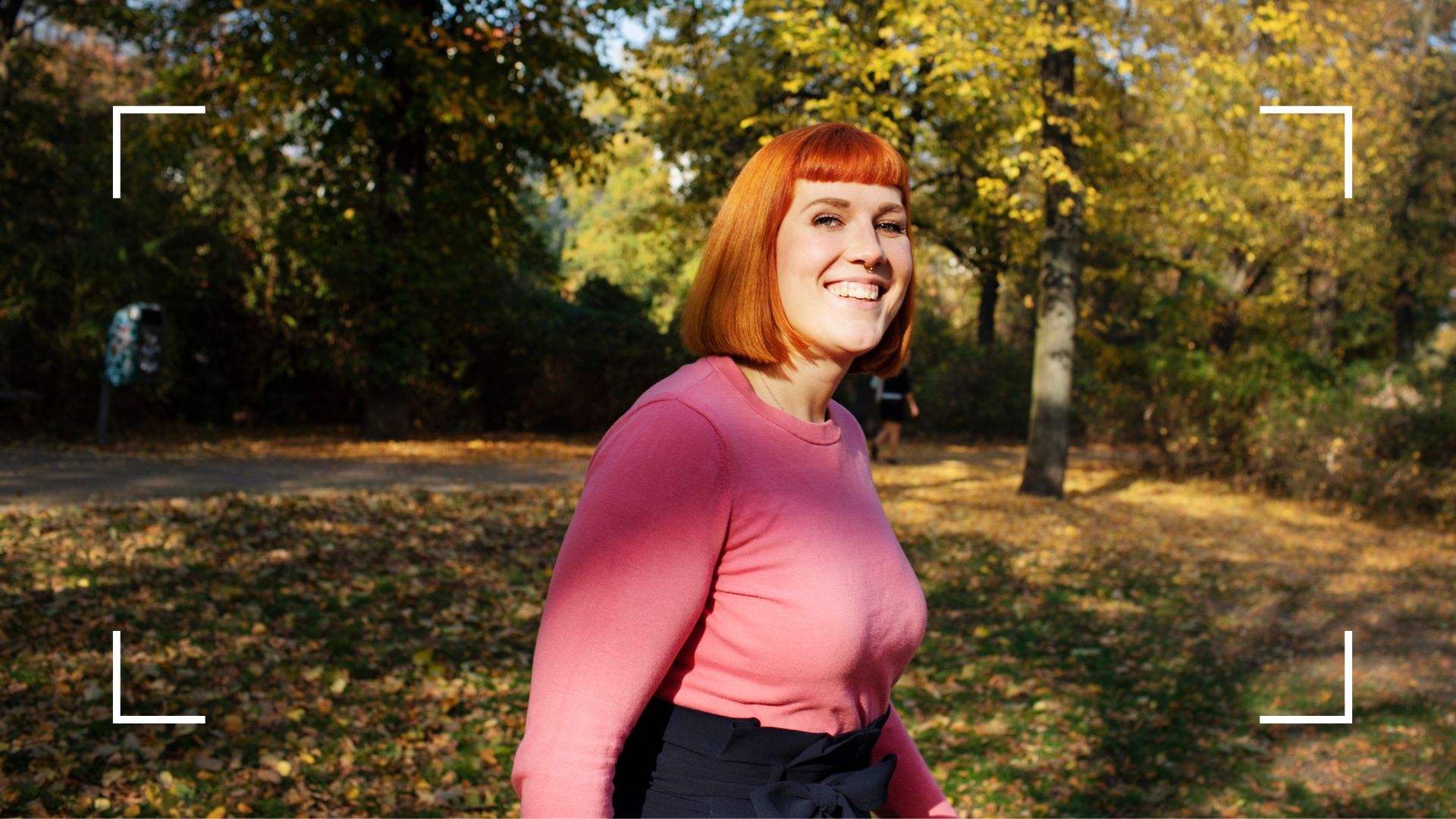 Walking vs running - which is better for your health goals?
Walking vs running - which is better for your health goals?If you're balancing up the benefits of walking vs running, here's what personal trainers want you to know
By Lauren Clark
-
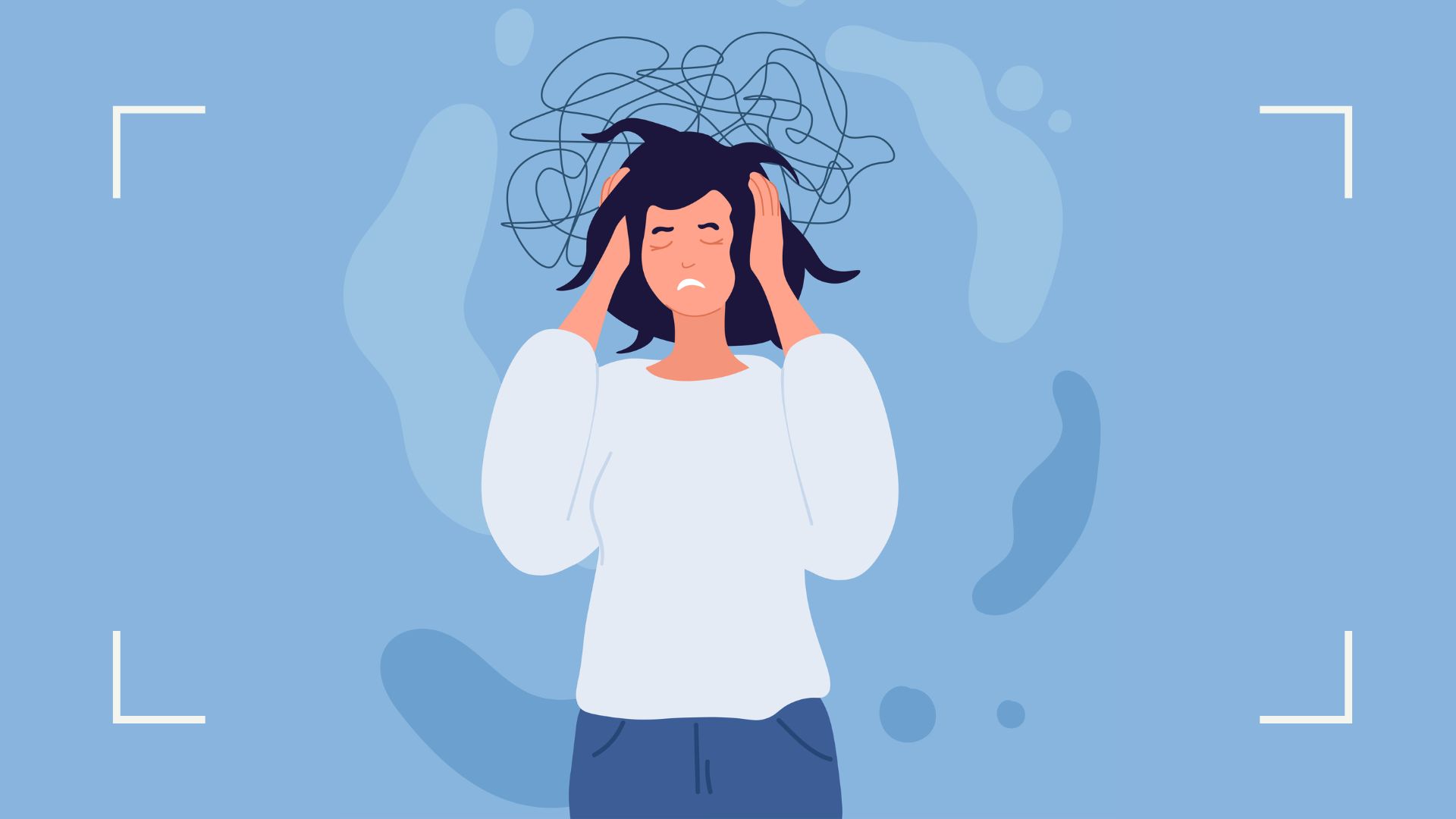 Caregiver burnout: “You must prepare early so you’re not firefighting through your tears”
Caregiver burnout: “You must prepare early so you’re not firefighting through your tears”Caregiver burnout is a serious problem, here an expert explains the symptoms to look for and where to get help
By Grace Walsh
-
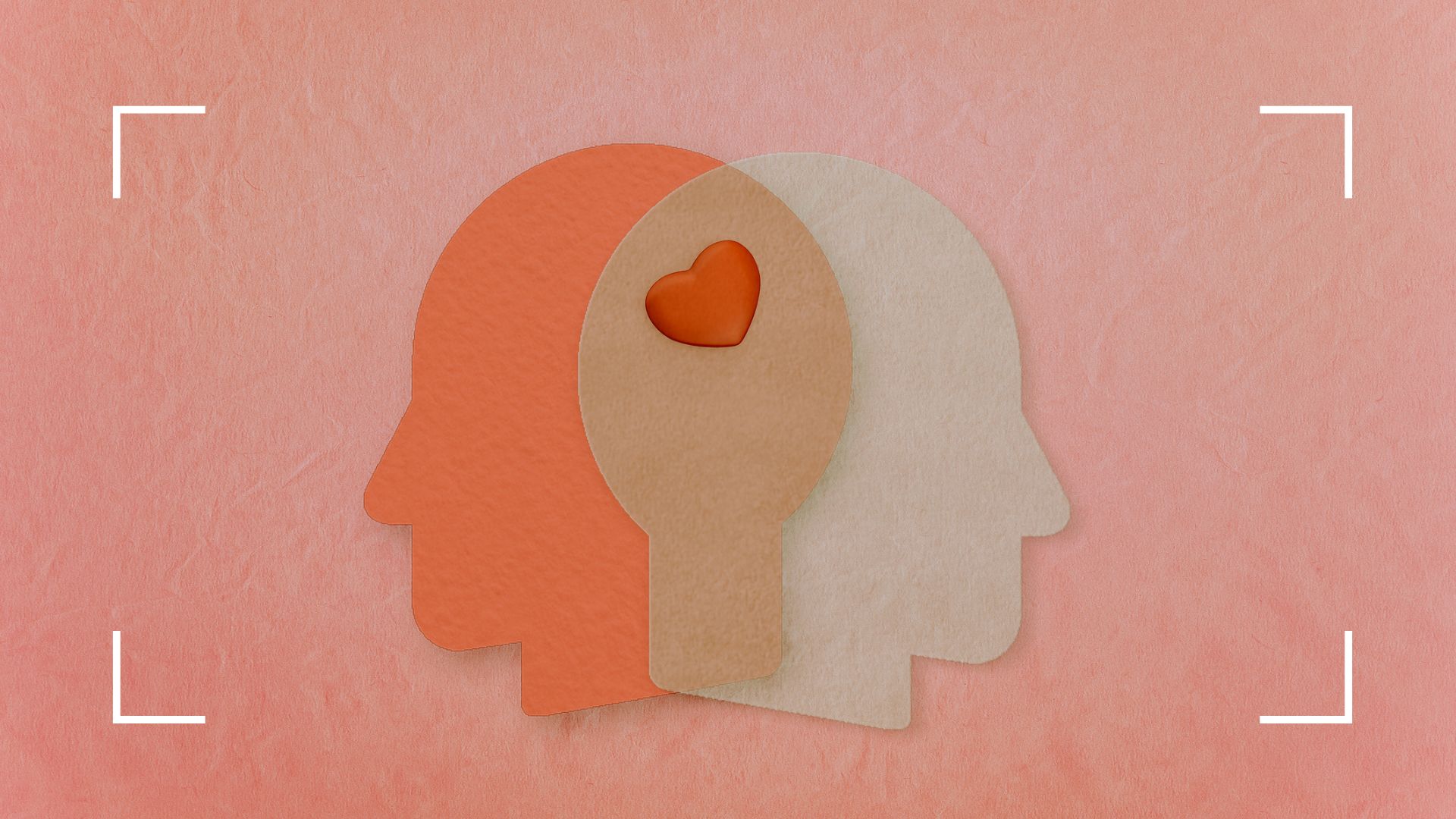 Can getting back with an ex ever work out? We ask an expert
Can getting back with an ex ever work out? We ask an expertHere’s everything you need to know about getting back with an ex, plus warning signs to avoid
By Grace Walsh
-
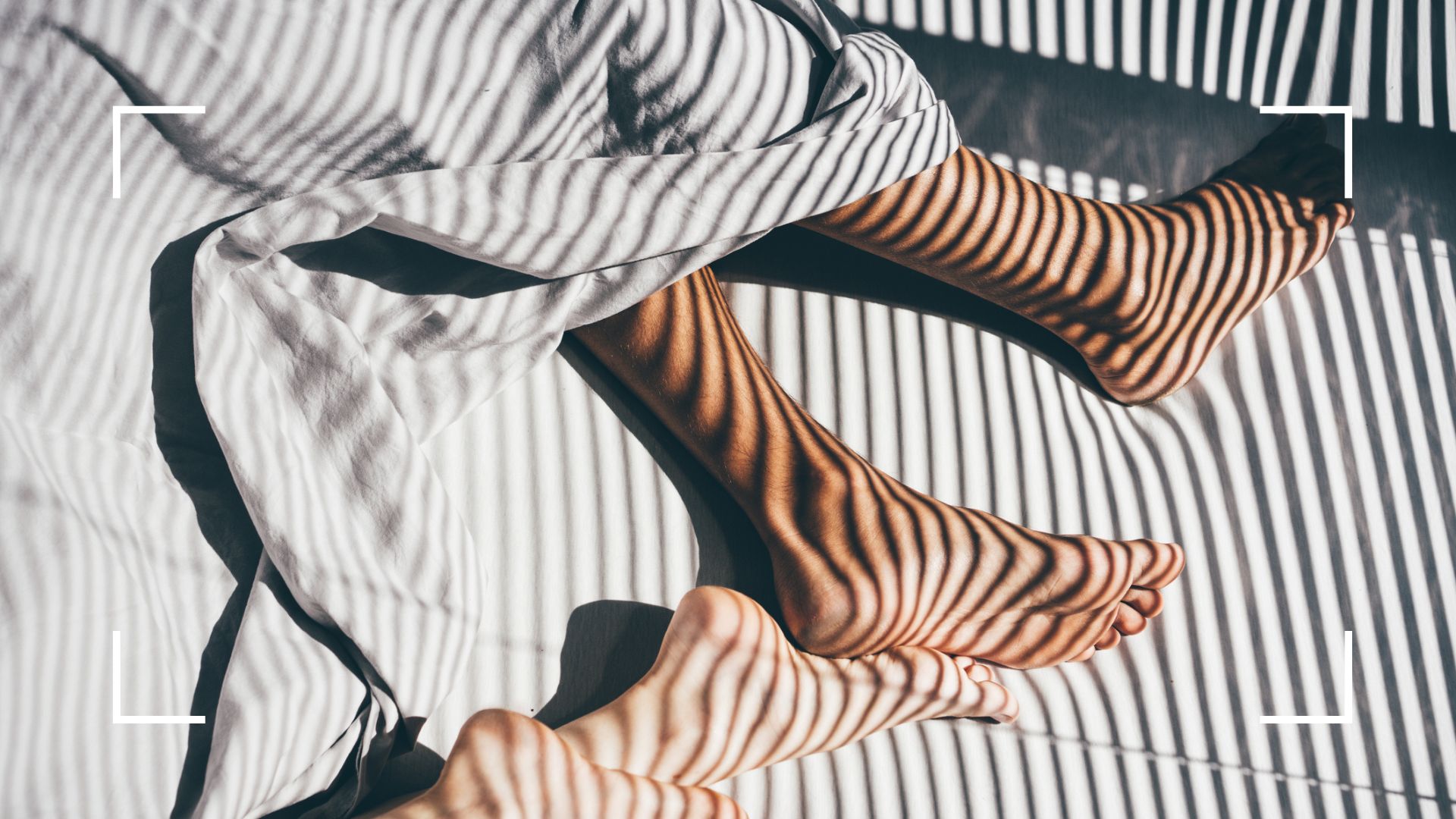 How to sleep in the heat: 21 tips to try when it's too hot outside
How to sleep in the heat: 21 tips to try when it's too hot outsideIt can be hard to know how to sleep in the heat, so here sleep specialists, nutritionists, and doctors tell us how to do it best
By Grace Walsh
-
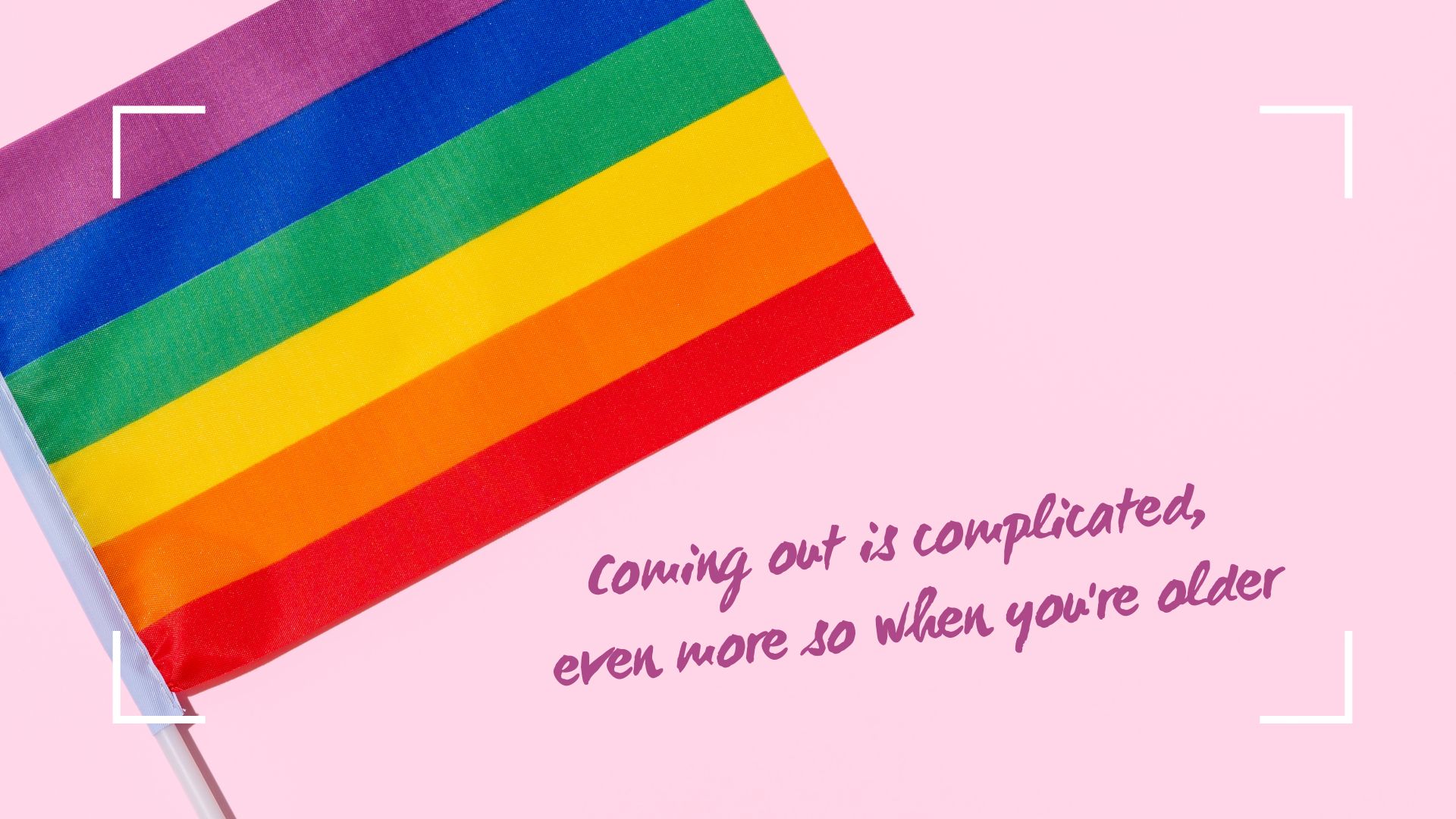 Opinion: Coming out is complicated, even more so when you’re older
Opinion: Coming out is complicated, even more so when you’re olderLater in life lesbianism, Lilly for short, is a thing. But why do some women only come out as gay in middle age?
By Caramel Quin
-
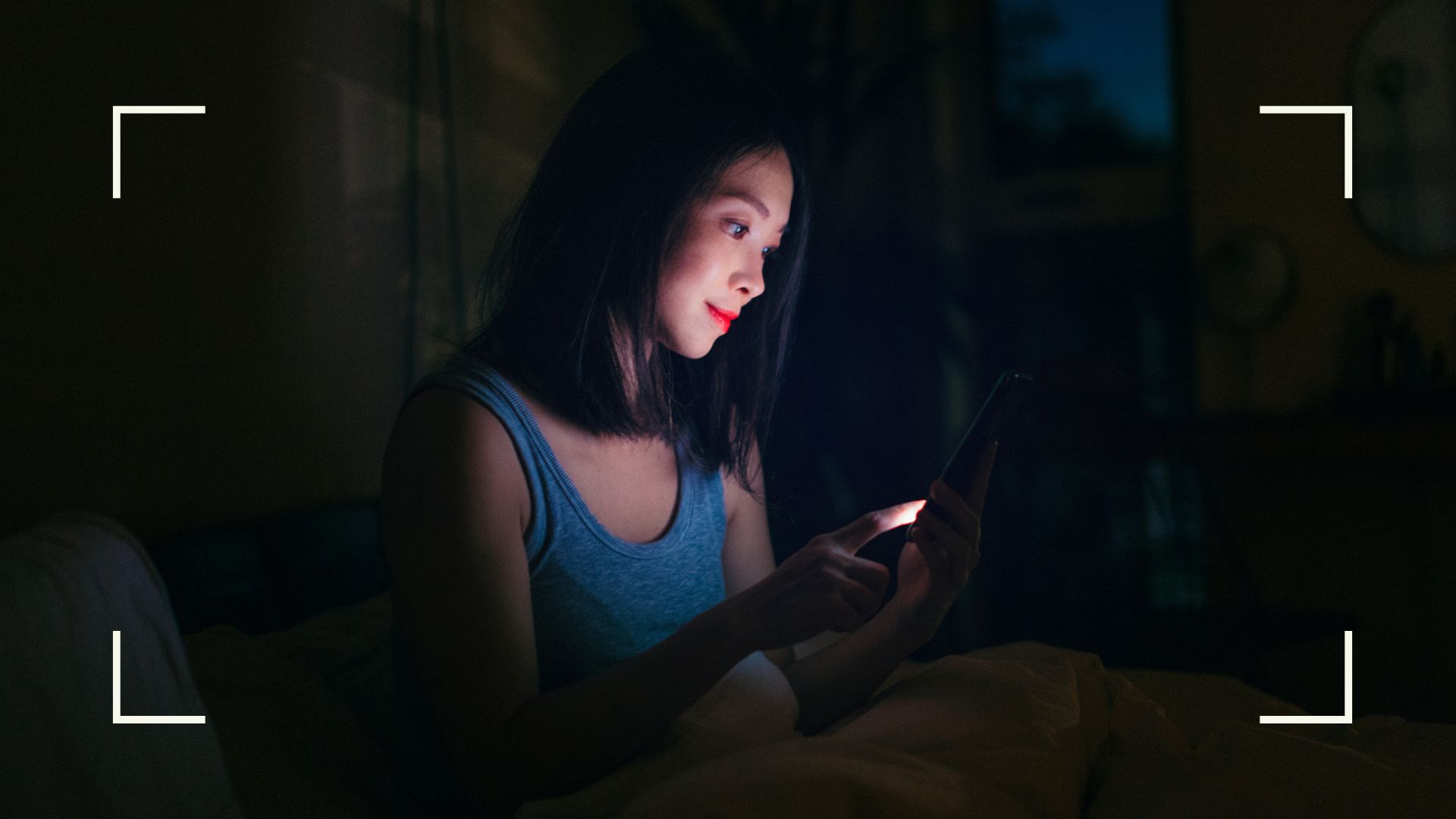 How to get back to sleep when you wake up in the middle of the night
How to get back to sleep when you wake up in the middle of the nightWondering how to get back to sleep? Try these expert hacks to help you nod off again
By Stacey Carter